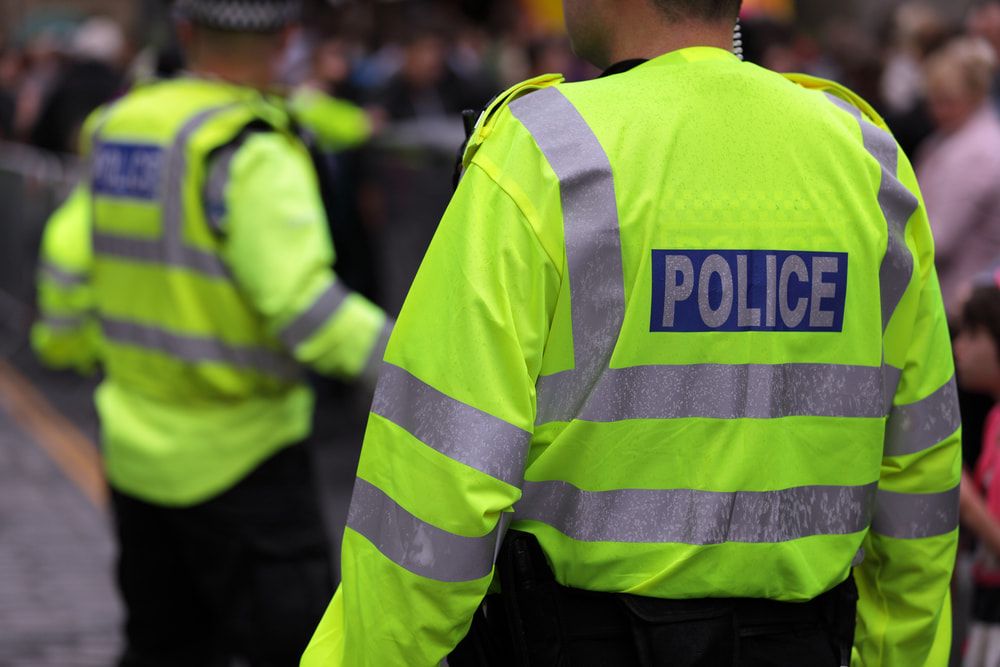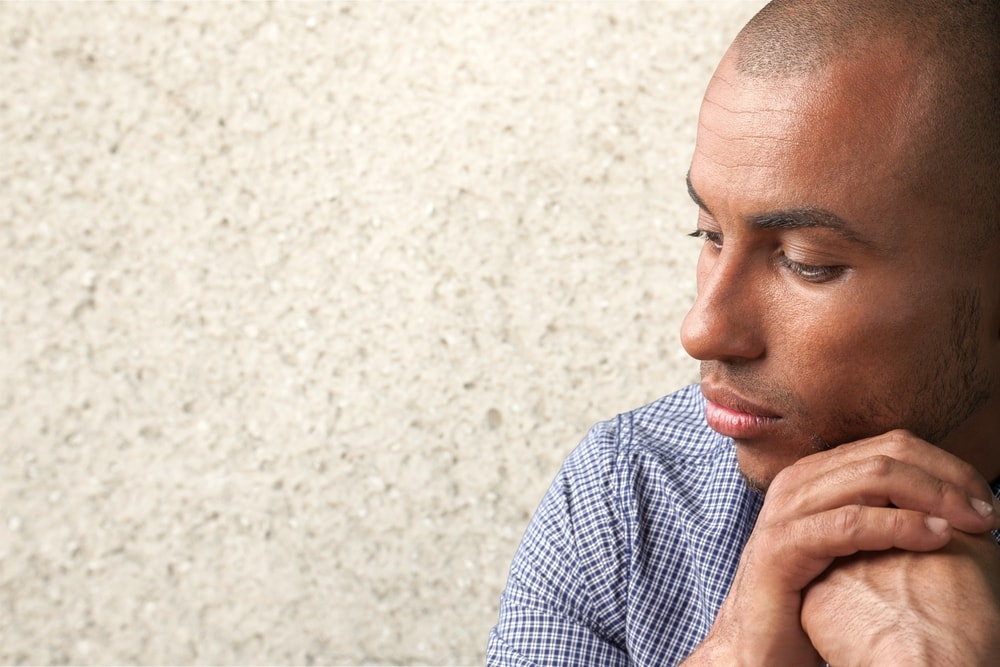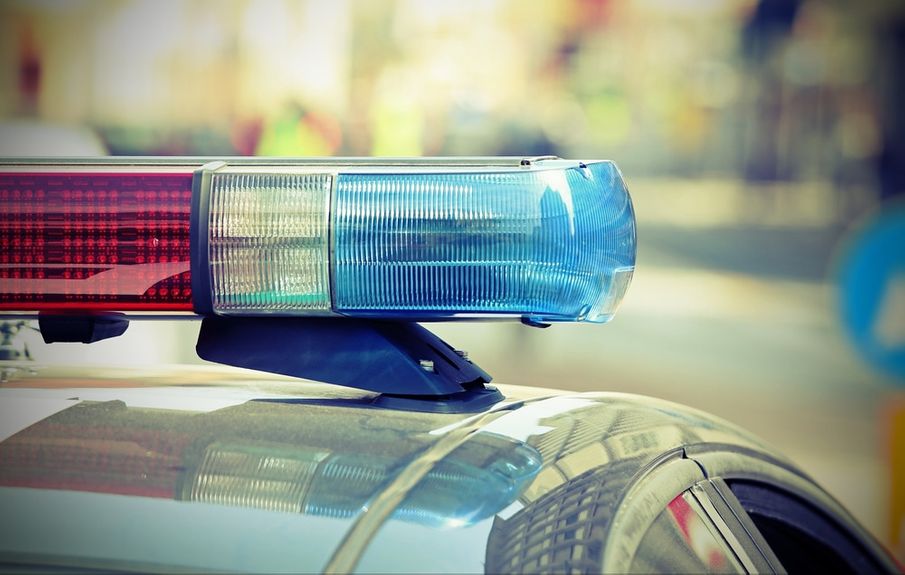According to a BBC report, 115,000 calls concerning mental health were made to police between July 2016 and July 2017- equivalent to 315 a day.
In the past five years, calls made to police concerning mental health issues have risen by almost a third. Calls concerned a number of different mental health related situations, included providing aid to those in mental health crisis, support for other services and local council health assessments, and to crimes committed by those who were suspected to be mentally unwell.
Whilst this increase in calls puts a huge amount of strain on the police force, there are also questions to be asked about whether or not they are the right people to be dealing with mental health incidents. Sir Thomas Winsor, Chief Inspector of Constabulary, said that “in some forces, police officers end up acting as first responders when no ambulances are available.” He continued, “This is an unacceptable drain on police resources and it is a profoundly improper way to treat vulnerable people.”

The dwelling number of NHS beds available for those with mental health problems runs parallel to a 10% increase in people detained under Section 136 of the Mental Health Act, a power afforded to the police that means that if the person is in public, the police can take them to a "safer" place, often into custody.
This increase in the number of people who have been detained under the Mental Health Act comes at the same time as a call from one of Britains most senior judges, Mark Hinchliffe, to allow people who are mentally ill to make their own choices regarding care, “even if their decisions seem unwise”. During a speech that he made at the University of Hong Kong, Mark Hinchliffe said: “We have, perhaps, given insufficient attention to the right of people who have capacity to weigh up the pros and cons and make important decisions for themselves.” Although he did clarify that “Serious mental disorders insidiously twist reality and distort truth,” and so reform plans should be carefully considered.
Considering Mr Hnchliffe's comments, the current situation with the police fails those with mental illnesses in two ways. Whilst detaining people under the Mental Health Act offers a temporary safe space in the absence of a bed on a mental health ward, it remains a highly stressful situation which strips people of their autonomy. Additionally, police presence in a situation involving a vulnerable person easily could escalate the situation and, without proper training for these situations, the police officers could find themselves at danger and ill-equipped to deal with the situation appropriately.

Looking forward, a government spokesman told the BBC that “We’re investing £30 million in providing more alternative places of safety, have more than halved the number of people detained under a mental health section in a police cell in the last year and are entirely banning the use of police stations for this purpose for under 18s.”
Spending on improving access and waiting times for mental health services is set to increase by £11.6 billion by the end of 2017. Speaking of the current problem with police call-outs and the proposed funding changes, mental health co-ordinator for the College of Policing Insp Michael Brown said, “Our role is to protect vulnerable people from harm and, where necessary, to work with other agencies to keep them safe.”
If you are in need of mental health support you can call the Samaritions to access mental health support services as well as information and advice 24 hours a day on: 116 123.


Comments